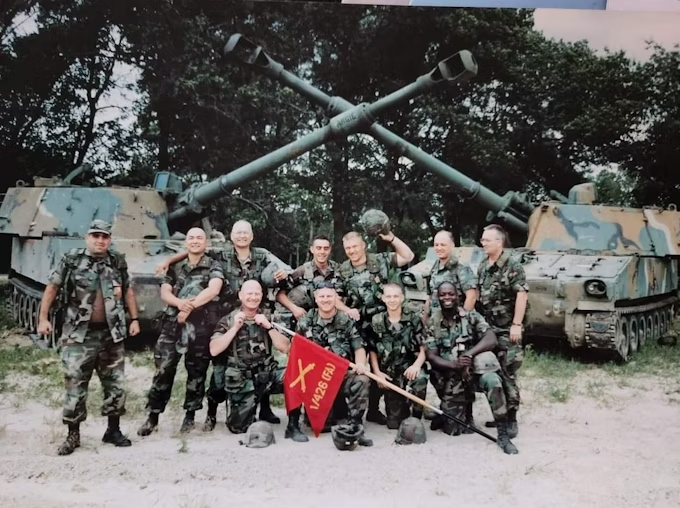How to Communicate Effectively with Dispatch: Best Practices

Strong communication between drivers and dispatch creates partnerships where everyone wins. When we communicate effectively, drivers get the support they need, dispatch can make better decisions, and our customers receive exceptional service.
Most successful driver-dispatch relationships include regular check-ins at natural points: beginning of shift, arriving at pickup, loading and departing, and delivery completion. These touchpoints keep everyone informed and help prevent small issues from becoming bigger problems. When you notice potential challenges developing - weather changes, traffic building, or timing concerns - sharing this information early gives dispatch more options to help find solutions.
Clear communication saves time for everyone. Starting with your truck number, current location, and the reason for contact gives dispatch immediate context. Being specific about locations and timeframes helps too. Instead of "running behind," something like "currently at mile 150 on I-40, about 20 minutes behind due to weather" gives dispatch the details they need to keep customers informed and adjust schedules if necessary.
When challenges arise, thinking through possible solutions before calling often leads to faster resolutions. For example, "I'm looking at a two-hour delay at this dock. I could wait it out for a late delivery, or we could reschedule for tomorrow morning - what works better for the customer?" This approach shows your problem-solving skills and makes dispatcher's job easier.
Every dispatcher has their communication style - some prefer brief calls, others like detailed messages. Learning these preferences and adapting accordingly strengthens your working relationships. Your experience on the road provides valuable insights about routes, customers, and conditions that help dispatch serve all drivers better. Sharing this knowledge benefits the entire team.
Technology tools like Microsoft Teams systems often have features that can streamline communication. Taking time to learn these capabilities can make your job more efficient. Keeping your contact preferences updated helps ensure you receive information in the way that works best for you.
The partnership between drivers and dispatch works best when both sides understand that we're all working toward the same goals: safe operations, satisfied customers, and successful deliveries. Your professionalism and communication skills are just as important as your driving expertise - both represent Bulk Carriers and contribute to our success as a team.




%20(1).png)